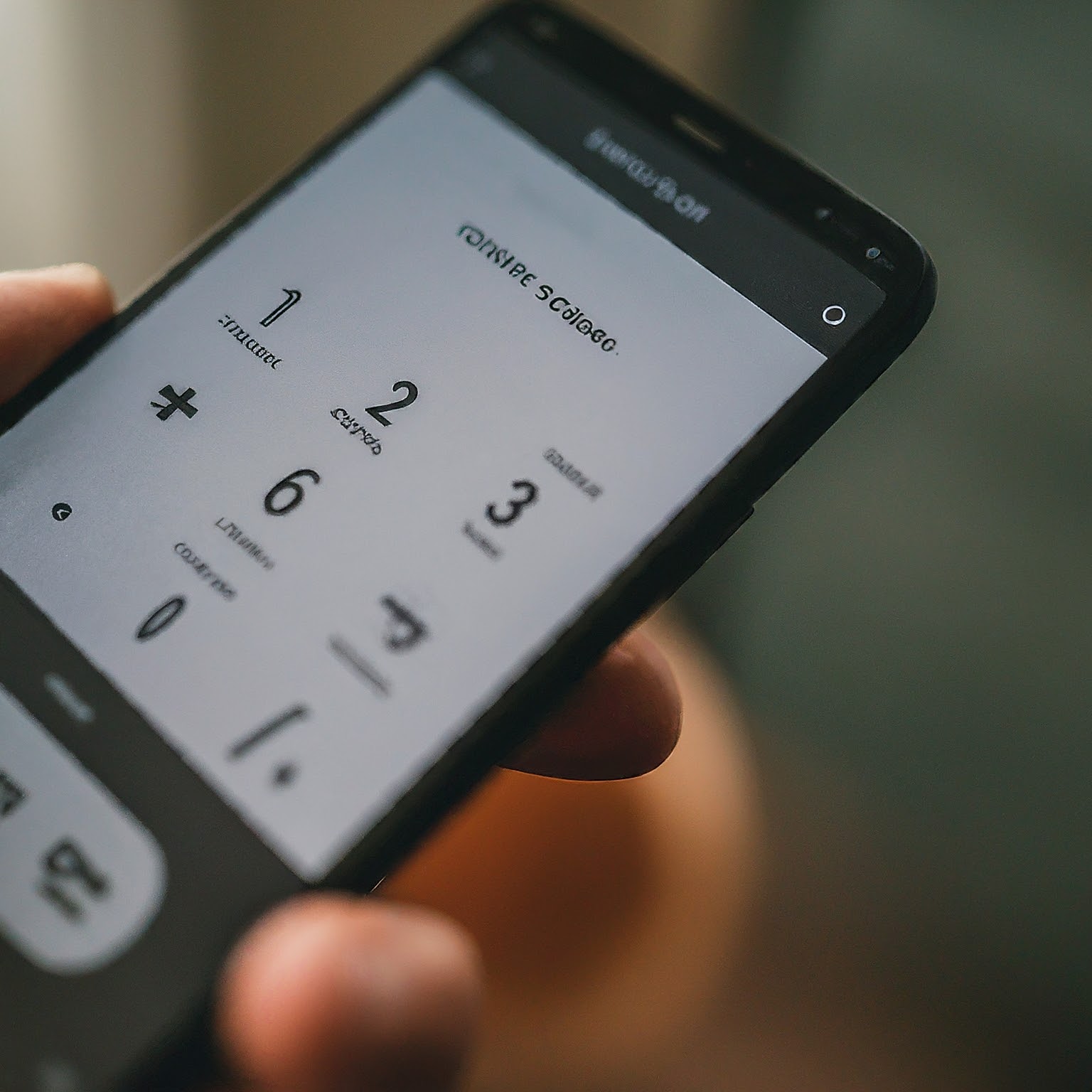Have you ever come across a strange two-letter abbreviation after a country’s name? Or perhaps stumbled upon a seemingly random three-digit number representing a nation? These are most likely countries ISO codes, a standardized system for uniquely identifying countries.

ISO stands for the International Organization for Standardization, and its ISO 3166 code is a vital tool for international communication and data exchange. There are three variations of these codes:
-
ISO 3166-1 alpha-2
- The most widely used, these are the two-letter codes we see most often. Examples include US for the United States, FR for France, and JP for Japan. These codes are also used for country code top-level domains (ccTLDs) on the internet, like .us and .jp.
-
ISO 3166-1 alpha-3
- Offering more descriptive names, these three-letter codes provide a clearer association between the code and the country. For instance, CAN represents Canada, DEU represents Germany, and GBR represents the United Kingdom.
-
ISO 3166-1 numeric
- These three-digit codes offer script independence, meaning they’re not tied to a specific writing system. This is helpful for data exchange across languages and cultures. For example, the US code is 840, Canada’s is 124, and Germany’s is 276.
So, why are countries ISO codes important? They play a crucial role in various aspects of our globalized world:
-
International Trade
- ISO codes ensure smooth customs clearance and accurate trade data by uniquely identifying countries involved in import and export.
-
Travel and Tourism
- Airlines, booking platforms, and immigration services rely on these codes to streamline travel processes and identify passenger nationalities.
-
Financial Transactions
- Banks and financial institutions use ISO codes to route payments and ensure international transfers reach the correct destination country.
-
Data Analysis and Research
- Researchers and analysts utilize ISO codes to categorize data by country, enabling accurate comparisons and analysis of global trends.
Understanding countries ISO codes can be advantageous for anyone involved in international activities, from travelers and businesspeople to researchers and data analysts. By providing a standardized language for identifying nations, these codes help us navigate our interconnected world more efficiently.
For a complete list of countries ISO codes, you can refer to the official ISO website or various online resources.